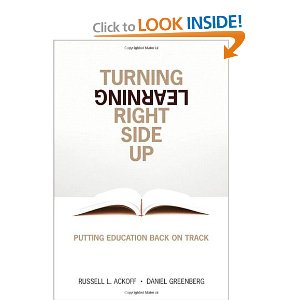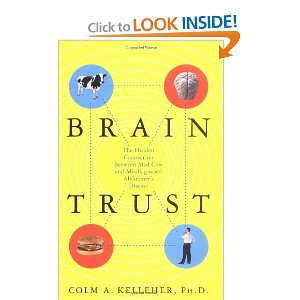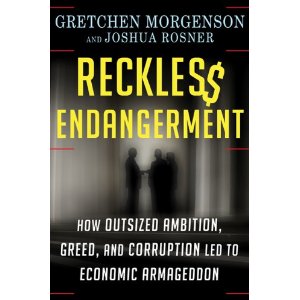
Russell Ackoff 5.0 out of 5 stars Taking learning seriously, December 12, 2008 By Scott D. Gray (Marlborough, MA United States) – See all my reviews In modern America, everyone and his brother believes that the educational system is broken. But most people suggest responding with more of the same, rather than rethinking what learning is actually about. When the economy does well, people claim that it must be because of the education system and propose spending more money. When it does poorly, people say that it must be because we don't spend enough on education and propose spending more. Ackoff and Greenberg go back to first principals, and to daily experiences, to consider how people learn, and how education might be restructured. What they propose really does turn the modern vision of school on its head. Why do schools in the US — the land of the free and the home of the brave — condition children to be passive and to wait on authority? There is only one suggestion or conclusion that I question. There is an argument posited by one of the authors (Ackoff, I think) for an elaborate voucher system. However, the history of governments' tendency to want to manage how government money is spent would likely crush the innovation that is needed — pushing and encouraging private schools to recoil further from innovation and the cutting edge, and thereby eliminating the laboratories for reform of education. That said, the appeal for a voucher system is a very secondary aspect of the book, and does not distract from the arguments, message, and information.








